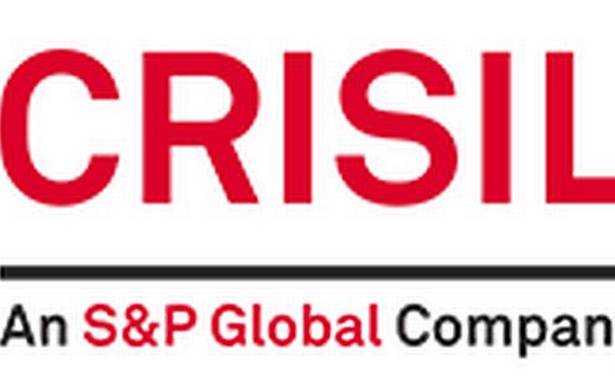Mumbai: The Covid-19 induced economic contraction will significantly hurt micro, small and medium enterprises across sectors, ratings agency Crisil said Thursday.
It said that India Inc is expected to head towards a 15 per cent decline in revenue and a 25 per cent fall in earnings before interest, taxes, depreciation and amortisation (Ebitda).
For MSMEs, the rating agency said the fall in revenue will be steeper at 17-21 per cent, while Ebitda margin will shrink 200-300 basis points to 4-5 per cent as weak demand gnaws away gains from lower commodity prices.
“A sharp decline at the operating level will also impact creditworthiness, aggravating the liquidity stretch these units have been grappling with, particularly on the working capital front,” the ratings agency said.
“In the process, average interest service coverage ratio could slide to 1-1.5 times from 2.4 times seen between fiscals 2017 and 2020, even after factoring in the benefit of moratorium on interest payments announced by the Reserve Bank of India (RBI).”
“Sans moratorium, the ratio would have gone below 1.”
Besides, it pointed out that challenges would be the hardest for micro enterprises, which account for 32 per cent of the overall MSME debt, and are facing material stress in terms of revenue growth, Ebitda margins and working capital stretch.
“Previous downturns have shown that micro and small enterprises are unable to manage transient working capital challenges as easily as their large and medium peers. To that extent, the measures announced by the Ministry of Finance and the RBI, nudging banks and other institutions to lend more, will help them tide over tapered cash flows,” the rating agency said.
The bigger issue, however, is demand, it said, which needs to revive for growth to improve sustainably.
“As for sectors, Crisil sees consumer discretionary, construction, and export-linked ones bearing the brunt. Small real-estate contractors into EPC (engineering, procurement, construction) projects, and ceramics and textiles makers have been significantly impacted so their credit profiles are the most vulnerable.”
(IANS)
